Feb. 23, 2024: Ruddy Ducks spend the winter months all over Cape Cod. They migrate to temperate areas for the winter, favoring shallow, vegetated lakes and ponds. They are very social, forage and play in groups, adapt to the cold, and may migrate farther south if conditions require. This Ruddy Duck was recently seen in a large pack of ducks on the west side of Ashumet Pond.
Ruddy ducks (Oxyura jamaicensis) are small, stout diving ducks commonly found in North America. In Falmouth, their wintering habits largely depend on the specific environmental conditions and availability of suitable habitats. Here’s an overview of their wintering habits in the region:
1. Migration: Ruddy ducks are migratory birds, and their wintering grounds on Cape Cod are typically in more temperate regions compared to their breeding grounds, which are often farther north. They migrate to Cape Cod from their breeding grounds in northern United States and Canada, as well as some regions in the northern parts of Central America.
2. Habitat: During the winter months, ruddy ducks can be found in a variety of aquatic habitats in Falmouth, including coastal estuaries, bays, marshes, ponds, and lakes. They prefer shallow waters with abundant vegetation, which provide cover and food sources.
3. Feeding: Ruddy ducks are diving ducks and primarily feed on aquatic invertebrates, seeds, and plant matter. In winter, they may feed on aquatic vegetation, small fish, crustaceans, and insects found in the water bodies they inhabit. They are known for their unique feeding behavior of “tipping-up,” where they dive their head and upper body into the water to forage for food.
4. Social Behavior: Ruddy ducks are often found in small groups or pairs during the winter months. However, they may also congregate in larger flocks, especially in areas with abundant food resources and suitable habitat conditions.
5. Adaptations to Cold: Ruddy ducks have several physiological adaptations to cope with cold temperatures during the winter. Their thick, waterproof plumage provides insulation against cold water, and they may also gather in sheltered areas or huddle together to conserve body heat during particularly cold spells.
6. Migration Patterns: While some ruddy ducks may remain on Cape Cod throughout the winter if suitable habitat and food are available, others may migrate further south if conditions become too harsh or if preferred feeding grounds freeze over.
Overall, the wintering habits of ruddy ducks in Falmouth involve finding suitable aquatic habitats with ample food resources while also utilizing behavioral and physiological adaptations to cope with the cold temperatures characteristic of the region during the winter months.


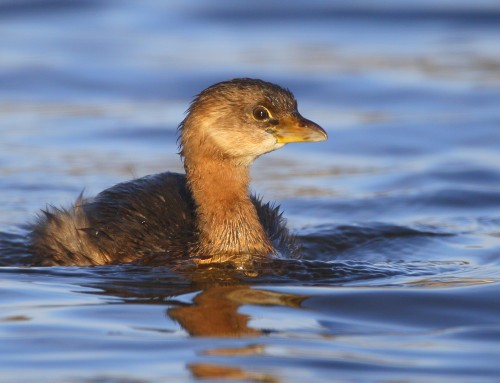
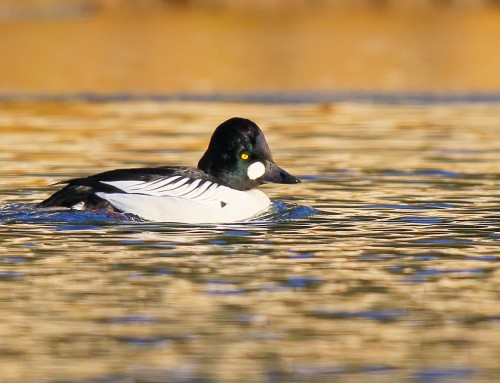
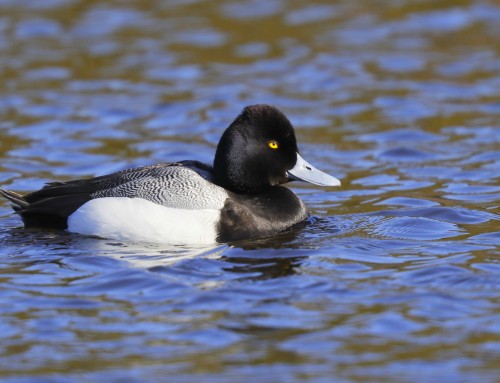
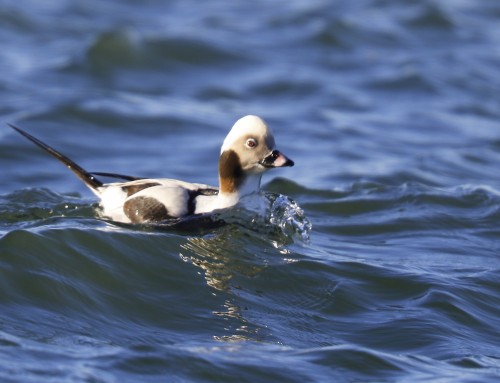
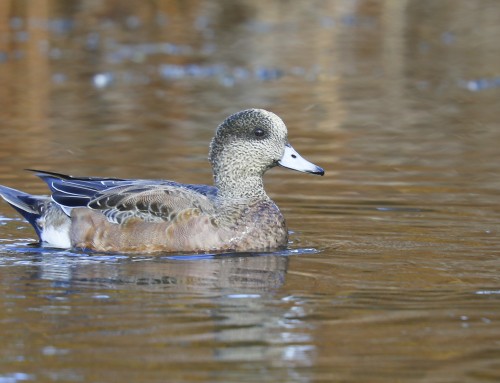
Leave A Comment
You must be logged in to post a comment.